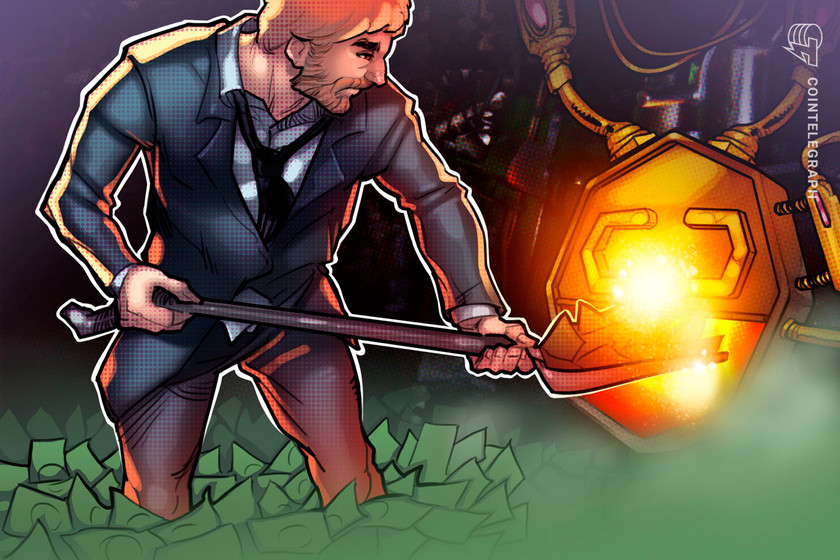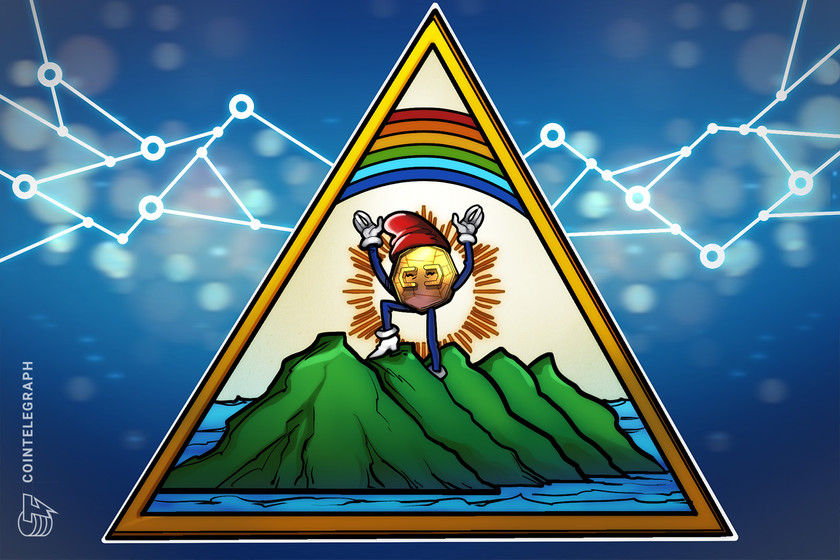Aleph Zero launches $50M ecosystem funding program


The Funding Program for the ecosystem involves grants, incubation, and acceleration for all phases of product development, with approved applicants receiving up to $500,000 per project.
Aleph Zero is launching a $50 million Aleph Zero Ecosystem Funding Program, the layer-1 privacy-enhancing blockchain announced on April 18. The nonprofit Aleph Zero Foundation overseeing its development of Aleph Zero aims to support developer teams to build on its platform and advance blockchain adoption globally.
In an interview with Cointelegraph, Aleph Zero co-founder Antoni Zolciak shared that “the goal of the Aleph Zero Ecosystem Funding Program is to fund innovations from developer teams that expand the capabilities, functionalities, and adoption of the Aleph Zero blockchain.” Zolciak also told Cointelegraph that the program would support various project ideas, from proof-of-concept to experienced teams with solutions on different platforms.
Aleph Zero wants to attract developers by providing comprehensive support that goes beyond just grants, such as assisting with business feasibility, regulatory compliance and community-building. The foundation seeks to offer access to a reliable partner network, as well asshare its own experience in building something from scratch. “We’re hoping to introduce a somewhat redesigned approach to how layer-1s can support builders and to go beyond simply providing grants,” said Zolciak.
The Ecosystem Funding Program comprises of grants, incubation and acceleration at all stages of product development, with successful applicants receiving up to $500,000 per project in grant funding. Additionally, grant recipients will gain exclusive access to Aleph Zero’s venture capital pool, infrastructure credits from Amazon Web Services and security design consultations from Kudelski Security. The Aleph Zero partner network will also provide marketing, branding, UX, product design and operational support as needed.
Speaking on the kinds of projects Aleph Zero is interested in supporting and the criteria for selecting grant recipients, Aleph Zero ecosystem lead Magdalena Oleksy told Cointelegraph that “the Aleph Zero Foundation is actively seeking to support a diverse range of projects that add value to the ecosystem. When selecting grant recipients, we consider the ability of the team to enhance network usage and adoption, their execution capabilities, and the uniqueness of the project.” Ultimately, the foundation seeks to encourage innovation and originality in proposals.
The program’s pilot phase has already produced a range of projects, such as decentralized lending and borrowing protocol Abax, NFT marketplace ArtZero, domain name service AZERO Domains, unique dark metaverse experience DRKVRS, enterprise-grade decentralized identity platform Gatenox and decentralized security platform Interlock.
Aleph Zero’s Ecosystem Funding Program is backed by long-term contributors to the project, including NxGen, Diamond Atlas Capital, BlackDragon, Necker Ventures, Hodl.nl and Hodl Ventures, Pragma Ventures, RR2 Capital, Cardinal Cryptography and Cardinal Ventures, Bellwether Rocks and Offbeat.
Related: Pantera Capital leads $22.5M investment in M^ZERO Labs for decentralized infrastructure
Despite recent ecosystem funding news, venture capitalist investment into crypto firms continued to fall in the first quarter of 2023. According to a report by Galaxy Research — the research arm of crypto investment firm Galaxy Digital — $2.4 billion invested by VCs throughout Q1 2023 was the lowest sum invested since the last quarter of 2020.
The report said that “Companies building in the Web3, NFTs, DAOs, Metaverse, and Gaming subsector raised the most deals, while Trading, Exchange, Investing, and Lending companies raised the most capital ($538m).”
VC investments have been falling since peaking at nearly $13 billion in Q1 2022, with the latest quarter’s results representing a decline of over 80% compared to the same to last year.
Magazine: Why join a blockchain gaming guild? Fun, profit and create better games


















